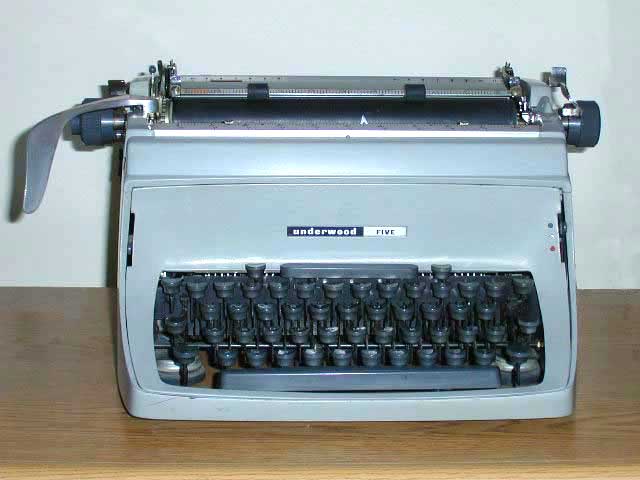Maybe we writers write because, at the bone of it, we’re eternal students. We thrive on learning, on discovering new angles from which to view the same old things: Love, Death, Time, and God. (After all, a metaphor—the writer’s version of a Vegas marquee—is simply a writer’s tool to get you, the reader, to see life differently.) But, to spend all one’s time thinking about Love, Death, Time, and God, and pondering how to write about Love, Death, Time, and God, and actually writing about Love, Death, Time, and God—well, that’s another thing entirely.
It can be a lot of pressure. And, on some days, the muse is out picking wildflowers and forgets to knock on our door. Some days, the hot honey that spilled out the day before in the form of a poem is totally frozen, stuck at the bottom of the plastic HoneyBear. On those days, besides reading favorite authors and attending to the bureaucratic aspects of the writing business (i.e., submitting to journals, applying to fellowships, visiting a therapist, etc.), it can be helpful to turn to a tangential inventive practice, one that is not your primary passion, one that you can hack away at without expecting literary fireworks or Nabokov-level style.
To that end, I’ve written a range of encyclopedia entries for extra cash. As a poet (a poet, it must be said, who delights in adjective after adjective, surreal imagery, and sassy rhymes), it’s satisfying to use my literary aptitude for something quite different: a job that demands restraint, a respect for the facts, and general readability. My aim is simple: work hard, meet the word count. What a simple, tangible goal! And I get to do this using the same part of my brain that I use for poetry—except without the intense personal pressure that poetry can bring. Poetry, even persona poetry, is inherently entangled with the Self. Encyclopedia entries? Not so much.
I’ve found that it’s fairly uncomplicated for me to switch from writing poetry to writing encyclopedia entries and vice versa. I’ve started to believe that, if not necessary, then it’s extremely beneficial for artists to take up a side practice. Lisa Russ Spaar, poet by trade, also writes witty essays for The Chronicle of Higher Education and publishes lovely anthologies of themed poems. Laura Kasischke, a poet as well, writes dark, can’t-put-em-down novels. Besides being a musician, Bob Dylan is also a gifted painter (as well as a Victoria’s Secret spokesperson, although that’s another story). His paintings (motel pools without perspective, train tracks, ramshackle houses) are skillful and evocative, but I doubt these pieces will shatter the art world like Dylan did to the folk music scene at the Newport Folk Festival way back when.
As I’ve written on this blog, I believe that being about the work every day (whatever that means to you, dear reader) is the best way to nurture and maintain a writing practice, or artistic practice of any kind. I’d like to expand on that a bit here: being about the work every day can definitely mean being about other work. Sometimes the best way to trick myself into writing a poem is to do my extra job—writing miniature biographies of long-dead poets. After all, I’m already at my computer. My mind hums on espresso. I open up a different Word document. A seed of poem starts to sprout, push up through wet earth. And (miracle!) the blank page no longer looks like an abyss. It looks like whipped cream.
Or hot honey. Or an invitation. Or whatever. The point is: without strain or stress, I’m writing a poem.

